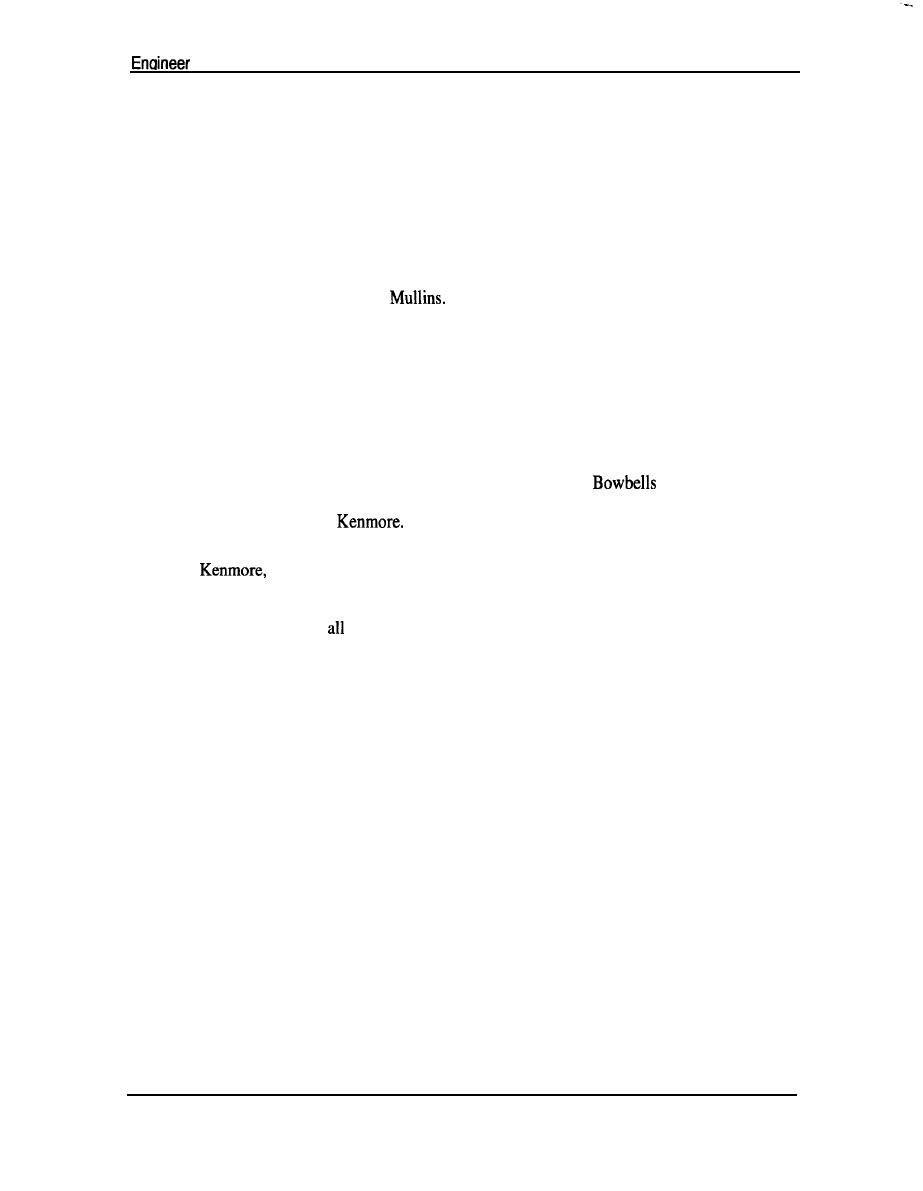
Memoirs
I went to North Platte. I stayed at the Pawnee Hotel. We spent about ten days, two weeks,
delivering food to cattle. People were okay in general. The cattle, though, were in terrible shape
because the ground was frozen and there was nothing to eat. The stubs of the grass or wheat that
had been harvested were all they could get, and they'd paw into this crusty ice to get to food. It
was actually frozen so hard they'd break their hooves. It was very sad. One family had a prize bull
they'd just paid ,000 or ,000 for, and they had to destroy it.
We opened up a lot of roads, took food in to the livestock. The Air Force dropped hay out of the
airplanes. Everybody remembers that. They probably hit more cows-killed more cows with
hay-than they fed, but nevertheless it was a good public relations effort.
I was assigned to a Major "Moon"
Clyde Ernest, a classmate, was also in the area. While
I was there we got a call that a lady was having a baby out in a remote area. She just couldn't
drive out, so we sent a helicopter and brought her to the hospital. That was my first real
association with a helicopter, and also my first Medivac. That became a sensational item in the
local paper.
Next, I received orders to Fargo, North Dakota. The problem in North Dakota was the opposite
from Nebraska. The cattle were okay in North Dakota because they'd brought them in instead of
ranging on the prairie. The people had had so much snow and ground blizzards that they couldn't
get to town to get food. So our job there was to open up roads and let the people out. Arriving in
is a little community
Fargo, I was told I was going to go to Bowbells, North Dakota.
12 miles south of the Canadian line. It's the county seat of Divide County, as I recall. The nearest
town to it of any size was
I was sent up there in an Army L-4, a single-engine observation plane with skis. The pilot got as
far as
but the wind was blowing so hard he could not go farther and said he could either
let me out or take me back. I said, "Let me out. I'm halfway." He landed, and when he did, one
ski broke through the snow and flipped the plane over. Didn't hurt anybody or the plane,
especially. I got out with
my baggage and parka and really had no idea where I was except on
the map.
Finally, some fellow with a Piper Cub, a red Piper Cub, came up, and he said, "Where are you
going, Captain?"
I said, "I'm trying to get to Bowbells."
He said, "I'll take you."
I said, "Are you sure you can get up there? This guy couldn't get there."
"Well, my plane's better; I know the area. I know how to fly in this weather."
So away we went. We got up to Bowbells, and he landed in a field right outside the county
courthouse. The field was crusted over, and the wind was blowing-it must have been 50, 60
miles an hour. I got out of the plane. Every time I'd put my foot down with my bag on that side,
I'd break through the snow, and I'd go up to over my knees in the snow. I soon learned to shove
this bag across the ice and walk behind it.
When the plane took off it didn't appear to move ten feet. He just sort of got up off the ground.
The wind was blowing so hard he became airborne, and his problem then was getting turned to
go home. Well, he finally got the plane turned, and that Cub looked like a jet taking off with the
wind behind it.
Finally, I arrived at the courthouse steps. I was totally exhausted and dripping wet. I sat down on
the county courthouse steps to catch my breath, and out came one of the commissioners. He asked
22



 Previous Page
Previous Page
